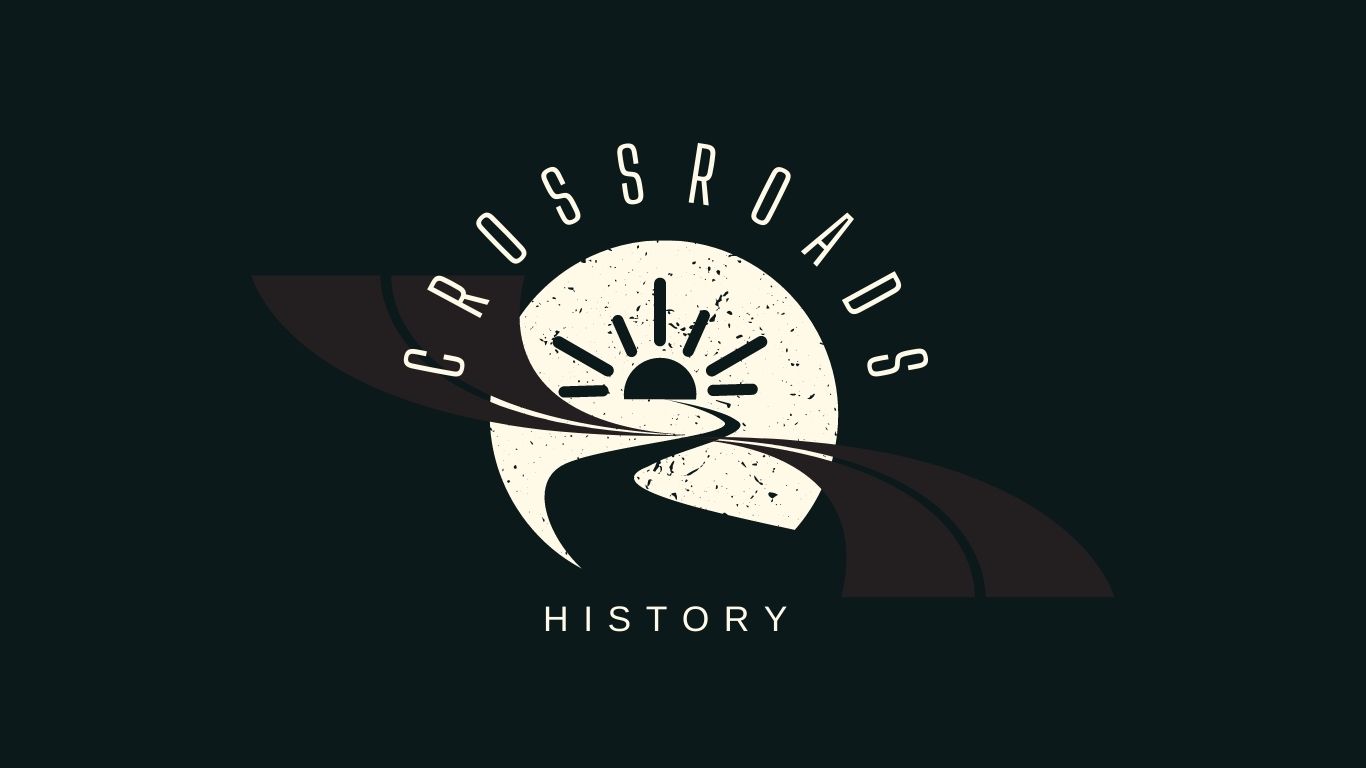An Iconic Insult
By Cale Gressman
Nimrod. If you’re American, the word or rather name describes someone dimwitted or incompetent. The term was popularized in a 1948 Loony Toons skit called “What Makes Daffy Duck.” Here the incompetent hunter, Elmer Fudd attempts to hunt our favorite animated duck (or second if you’re a Donald fan). This framing is important, as when Elmer fails to once again kill Daffy, Daffy quips “precisely my little Nimrod.” This provides us with a hint at the true meaning of the name.
We know the name Nimrod from the Book of Genesis 10:8-12 which states:
8 Cush was the father[a] of Nimrod, who became a mighty warrior on the earth. 9 He was a mighty hunter before the Lord; that is why it is said, “Like Nimrod, a mighty hunter before the Lord.” 10 The first centers of his kingdom were Babylon, Uruk, Akkad and Kalneh, in[b] Shinar.[c] 11 From that land he went to Assyria, where he built Nineveh, Rehoboth Ir,[d] Calah 12 and Resen, which is between Nineveh and Calah—which is the great city.
Here the meaning of the name Nimrod denotes a mighty hunter, as well as a great tyrant.
Some traditions link him to the building of the tower of Babel. Or, as many Biblical scholars argue, he might not be an individual, but rather a nation. Regardless, the name Nimrod has been associated with the building of the cities of Nineveh, Resen, Rehoboth-Ir, and Calah, although it is unclear if this is actually the case. It also states that Nimrod ruled over Babylon, Uruk, Akkad, and Kalneh. This is a pretty big claim as these are historically some of the most important and powerful cities in antiquity.
There has been a multitude of attempts to link Nimrod to any number of ancient rulers and heroes both historical and mythical. One notable is the Sumerian hero-king Gilgamesh. This is all to say that the name Nimrod meant more than merely “great hunter” but also “tyrant.” This is evidenced by medieval depictions of Nimrod as being a literal giant. For example, Dante in his Divine Comedy describes Nimrod in hell along with other fabled giants of antiquity such as the Greek Typhon.
So tyrant or great hunter is how the name was used for many millennia. However, even by the 19th century, the term started to shift. Now how precisely the term nimrod became an insult is widely debated. Then again can we really say how words get their meanings for sure, in a sense, they just are. This is not to say that they are unrooted and we shouldn’t know where they came from, but that language is incredibly complex. But of all the stories of how nimrod became a pejorative, I truly want it to have been Loony Tunes. To have made the comment so sarcastically, and then for it to take hold is indeed a perfect origin story.

Comments
Post a Comment